A few short years ago, cooking was the most frustrating practice that I put myself through, outside of fad diets and occasionally going on dates.
Since college, I’ve loved baking cakes and other desserts from scratch. But cooking was a whole other beast to me, a necessary evil that I spent 3 hours doing just to spend 10 minutes enjoying. Every time I stepped into the kitchen, it was a frantic experience that only sometimes resulted in a dish that was worth my time.
In 2019, I put forth a great effort to love cooking for one reason: I loved eating. Everyone kept calling me a “foodie.” I kept telling them that I hate that word.
But as someone who loves biting into a piece of perfectly tender meat and tasting an unexpectedly delicious flavor in an innovative dish, I had developed an appreciation for what it takes to make good food. It never sat right with me that I’d sworn off cooking. There was always a tension between my love of trying skillfully prepared food from any corner of the world and my disdain for spending more than 10 minutes in my own kitchen.
Throughout 2019, my cooking attempts continued to exasperate me. I asked a friend—one I love to brag on because she went to culinary school—what it takes to enjoy cooking. Her advice to me can be summarized simply: “Slow down.”
I’ve never had a year slower than 2020. Suddenly, going out to eat with friends at a restaurant whose menu I vetted weeks ahead of time for uniqueness—a favorite hobby—was off-limits to me and everyone else in the world.
Within the walls of my one-bedroom apartment that kept feeling smaller and smaller, I gave cooking another shot. I implemented mise en place (“everything in its place”) and the kitchen became less frenzied. I had quality cookware shipped to my door and it magically made me want to cook more. I found recipes for dishes that I was eager to try. I wanted to make every dish I loved to eat. And I longed to enjoy the process.
My mom sent me photos of recipes from her cookbooks and ones that she’d written on index cards. We connected by sending meal photos back and forth from North Carolina to Georgia. I couldn’t wait to show her that I did it, I made it.
Soon enough, I couldn’t wait to get in the kitchen most days. I’d close my laptop to end the workday and lose myself in the process of methodically chopping carrots or mincing garlic. The world was shut down; I wasn’t going anywhere. But when I started working on a recipe, I got to go somewhere. I got to leave my head.
I could say that I started to love cooking because the pandemic made me, but that’s not entirely true. I started to love cooking for the same reason you start to look forward to a weekly therapy session. When I slowed down to savor the practice of cooking, I was not only learning to love doing it—I was learning how to extinguish that feeling of burning out when nothing is on fire. The more I cooked, the more I saw that shutting down—my laptop for the day, my brain for the moment, my world for the safety of all—was something I could do.
I started cooking to make the most of what I had during a global pandemic. I kept cooking out of a sincere desire to participate in an art form that I’d long enjoyed from the consumer side. It brought me a sense of creativity and curiosity that only creating an elaborate menu to feed one person has done for me. And as I’ve slowly begun to overcome my fear of cooking for others, cooking has inspired me to connect with the people in my life too.
Cooking helped me cope with a world that simultaneously shut itself down and stopped for nothing—not for grief, not for reflection, not for anything. I could shut myself into the kitchen and escape bad news for an hour or two. With only the sound of my favorite knife (I have a favorite knife now) hitting the cutting board, the smell of a simmering stew, and the taste of a new ingredient, my mind is empty and I am full.

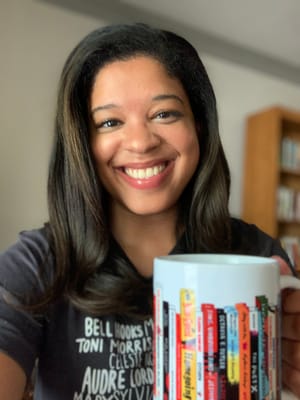
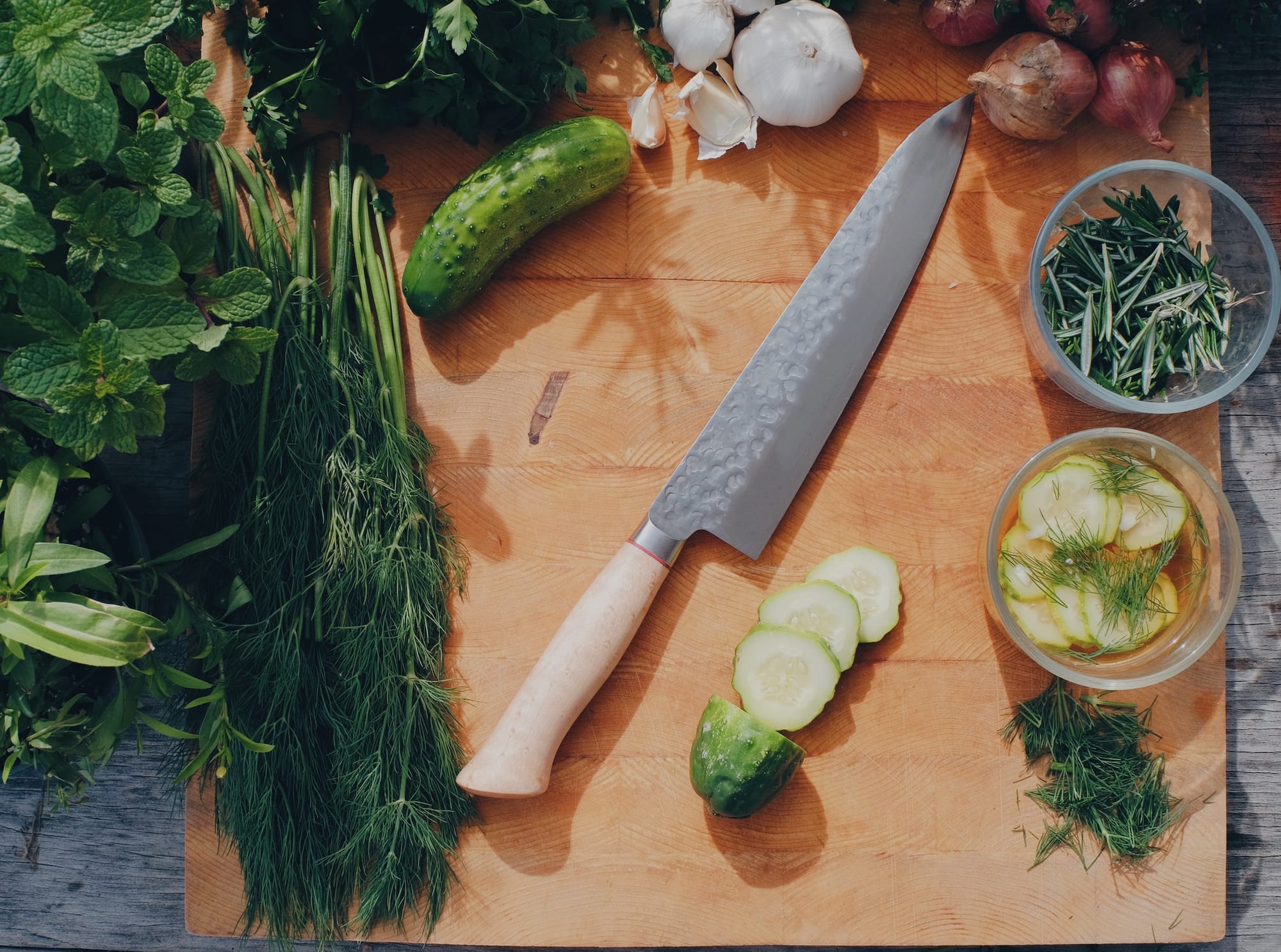
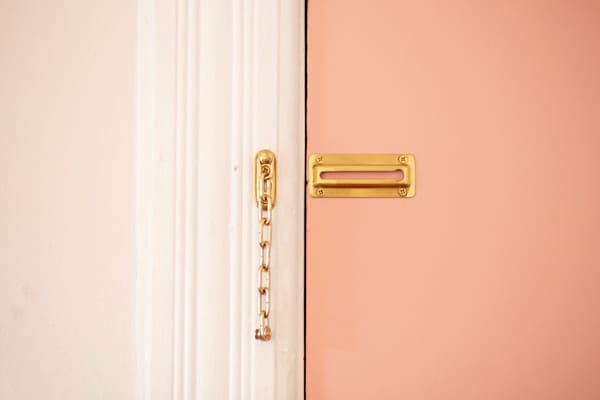
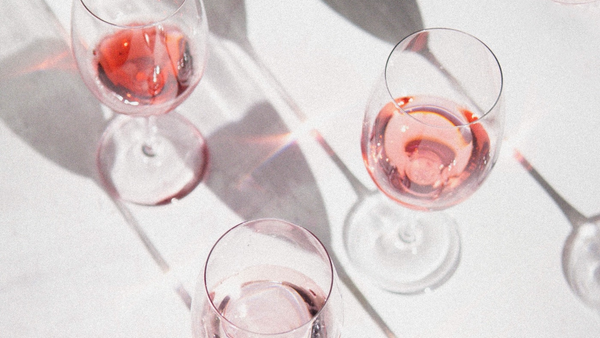
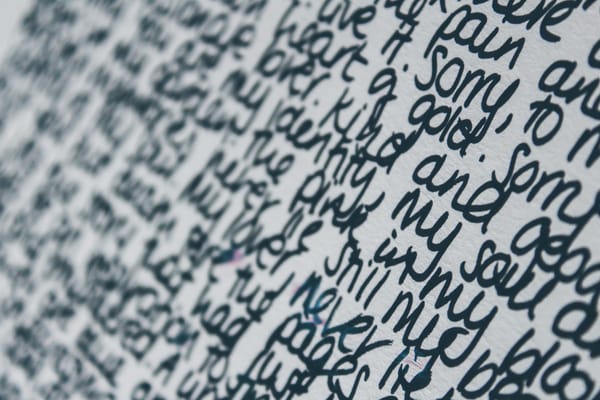
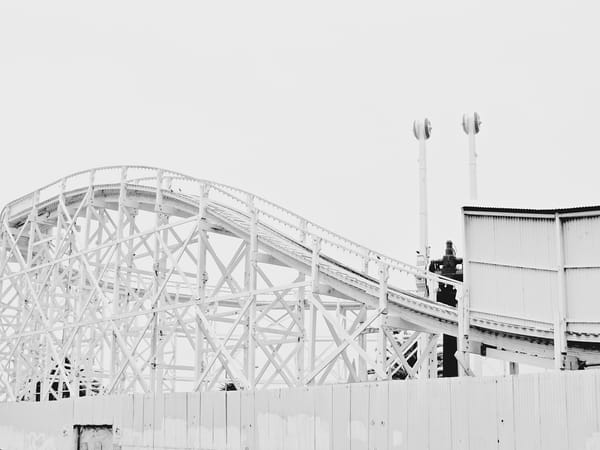
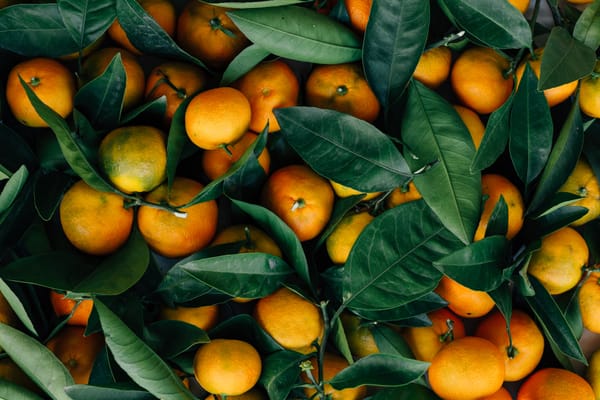
Member discussion